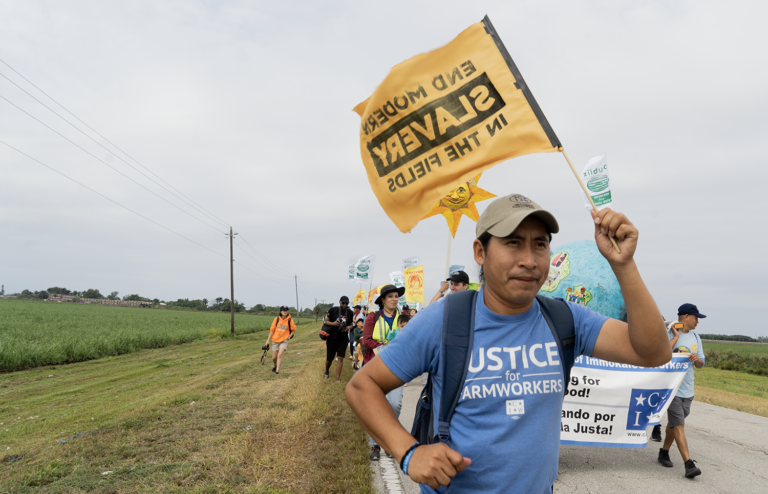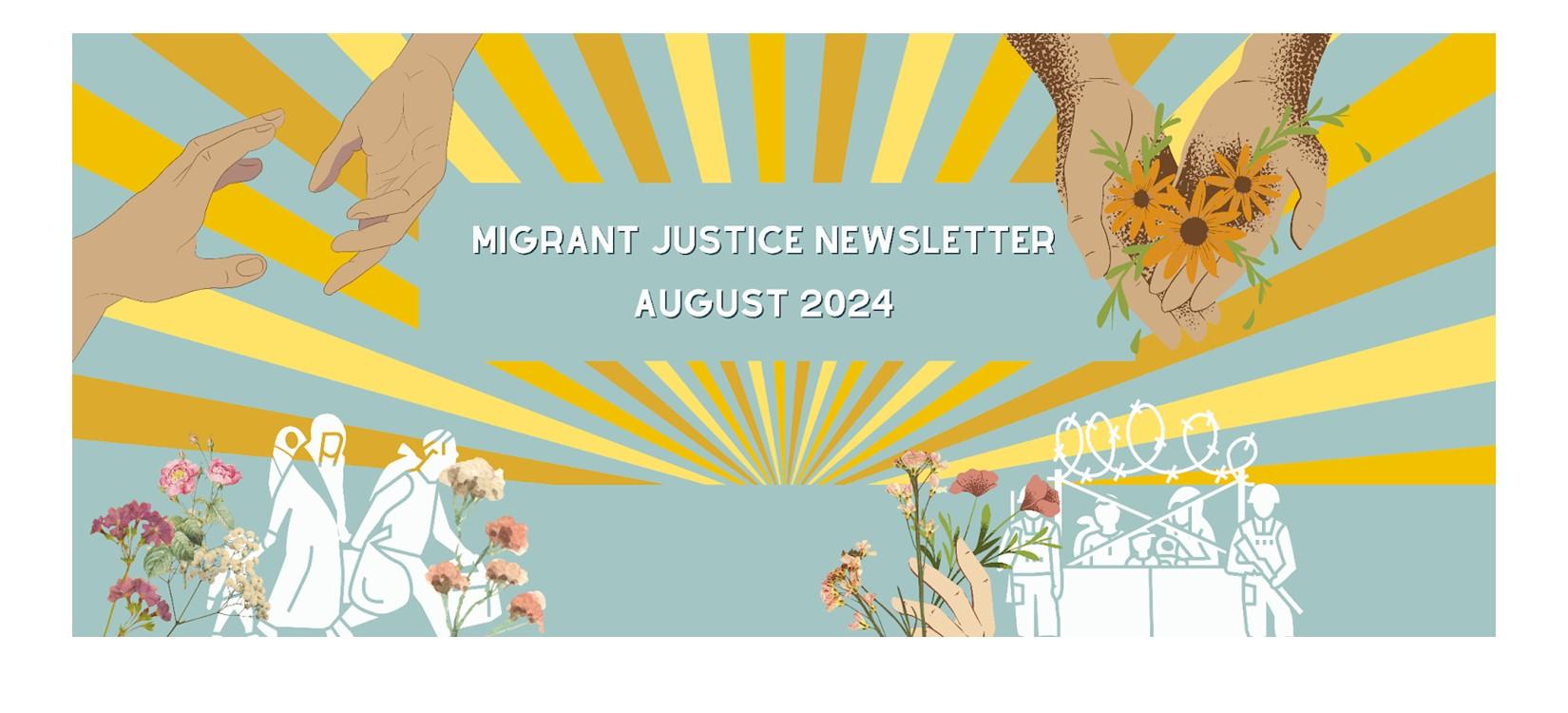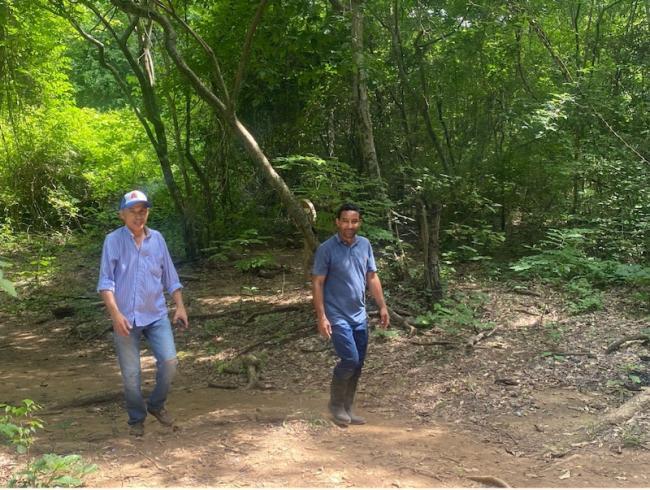A stunning report in Axios paints a damning picture of widespread farm labor abuse in the US agricultural industry outside the protections of the Fair Food Program (FFP).
Yet while federal prosecutions of forced labor operations grow more common in agriculture, many massive food corporations like the grocery giant Kroger continue to turn a blind eye to the extreme abuses of some of the most vulnerable workers at the bottom of their opaque supply chains, according to a shocking report, months in the making, by Richard Collings of Axios. Meanwhile, according to the report, the lack of adequate resources for state and federal authorities to protect farmworkers is only making matters worse, and is likely allowing even more widespread exploitation of the agricultural workers who put food on our tables to go undetected.
Against this backdrop of pervasive abuse, Worker-driven Social Responsibility programs like the Fair Food Program and Milk with Dignity are singled out by Axios as “key to ending widespread forced labor.”
The bullet-pointed report is a must-read. We have included it here below in full to best share its urgent message: Forced labor is an appalling reality in US agriculture today, but there is a proven solution — the unique monitoring and enforcement mechanisms of the Fair Food Program, driven by workers as the frontline monitor of their own rights and backed by the purchasing power of the program’s participating buyers.



